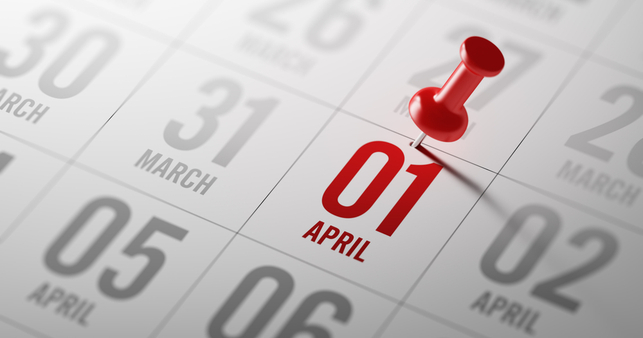
For small and medium business owners in New Zealand, things are about to change; the minimum wage has received its biggest increase in history, meaning you will have to adjust the rates you pay your employees if they are currently on a minimum wage.
As of April 1, 2019, more than 200,000 Kiwi workers will gain from an added $48 a week in the most significant boost to the minimum wage in the country’s history.
Interestingly, New Zealand was the first country to establish a Minimum Wage, way back in 1894. New Zealand currently has one of the highest minimum wages in the world, and further increases have been forecast into 2021.
What extra costs will your business have to pay?
Small businesses will be the ones who suffer by having to absorb the increasing costs; however, if you already pay your employees above minimum wage rates, you may not have to make any changes.
Since April 1, the minimum wage has shifted from $16.50 an hour to $17.70, meaning employees currently on minimum wage rate will get a pay increase (based on a 40-hour week) of $48.00. If your business currently pays more than the minimum wage to your employees and it is presently equal or more than the new $17.70 hourly rate, there will be no required changes to your expenses.
What is the new Minimum Wage rate?
As of 1 April 2019, the mandatory minimum wages are as follows:
Adult Minimum Wage – $17.70 Per Hour
This is the wage most commonly used by businesses in New Zealand and applies to all employees over 16 years of age.
Starting-Out Minimum Wage – $14.16 Per Hour
This applies to employees aged 16-19 entering the workforce for the first time. However, there are certain requirements to use this wage rate.
Training Minimum Wage – $14.16 Per Hour
This applies to employees 20 years or over who involved in relevant industry training to become qualified. However, there are certain requirements to use this wage rate.
How often does New Zealand change the minimum wage?
The New Zealand minimum wage has increased every year since 2000, for each type of minimum wage including adults, trainees, and new starters. The changes typically come into effect on 1 April of every year.
How can you prepare your business for the changes?
Planning ahead and forcasting an increase in your yearly budget is the best way to be prepared. The New Zealand Government has already indicated that minimum wages will increase again in 2020 ($18.90 per hour) and 2021 ($20 per hour). Although these are indicative rates only and subject to change, it’s a clear sign that the Government plans to follow through on its commitment to lift the minimum wage to $20 by 2021.
Absorbing the minimum wage may also mean reducing other financial benefits you offer staff, such as discretionary bonuses. But rewarding and engaging your employees doesn’t always have to be a financial cost to your business. Other non-financial incentives you can adopt into your business include:
Social events
Staff training and development
Establishing clear career paths, employee goals and performance incentives
While New Zealand businesses have to prepare for the additional costs of the minimum wage, it’s also an opportunity to get creative about the ways you motivate and engage staff in the face of increasing financial pressures.
Need help understanding and implementing the new Minimum Wage?
We’re here to help. Contact Employsure on 0800 675 700 for a free chat for advice and support and New Zealand’s pay rates and how the Minimum Wage affects your business.

Get Workplace Advice Now
Call Our Team of Expert Advisers Who Will Help You with Your Workplace Questions.
